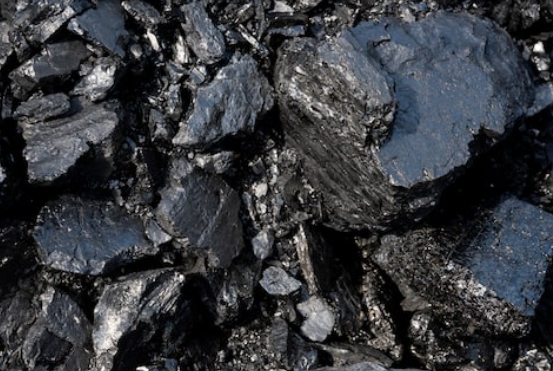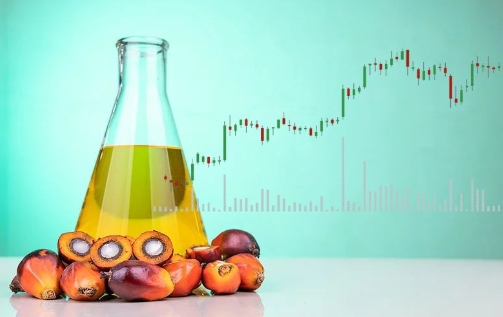
Anthracite coal at a strip mine in New Castle, Pennsylvania, U.S., July 13, 2020
China's retaliatory tariffs against U.S. energy imports, particularly on coal, are expected to have a significant impact on the seaborne market for metallurgical coal, also known as coking coal.
After the U.S. imposed additional tariffs on Chinese imports, China responded by imposing tariffs on U.S. coal, liquefied natural gas (LNG), and crude oil. These tariffs are high enough to potentially halt energy trade between the two countries, given China's status as the world's largest importer of these commodities and the U.S.'s role as a major exporter.
However, the impact on crude oil and LNG imports is likely to be limited due to the small share of U.S. supplies in China's total imports. The story is different for coking coal, where the U.S. is a significant supplier, accounting for 11.7% of China's seaborne imports in 2024.
If the new tariffs make U.S. coking coal uncompetitive in China, Chinese steelmakers will need to find alternative suppliers. Mongolia, China's top overland supplier, may not be able to meet the demand for seaborne supplies, and it is uncertain if Russia can increase output and rail capacity to replace U.S. supplies.
This leaves Australia and Canada as viable alternatives, but Chinese steelmakers may have to offer more to these exporters to draw supply away from other buyers, such as India, which is the world's largest importer of coking coal.
If China seeks to replace U.S. coking coal with supplies from Australia and Canada, it will likely face competition from Indian buyers and may have to pay a premium price, at least initially. Seaborne coking coal prices have been trending downward, but if Chinese buyers switch to more Australian and possibly Canadian coking coal, Australian prices may outperform their U.S. counterpart.
Overall, China's retaliatory tariffs on U.S. energy imports are expected to have a significant impact on the seaborne market for metallurgical coal, leading to potential supply disruptions and price increases for Chinese steelmakers.







